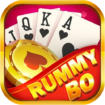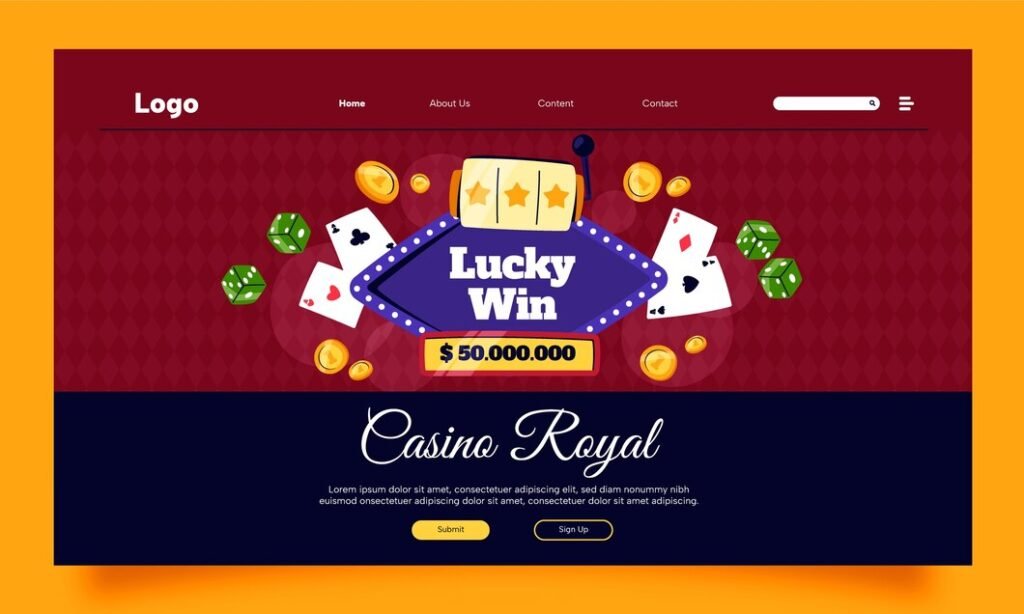India’s rich cultural heritage extends far beyond its art, music, and literature—it also encompasses a deep and profound connection to games like Rummy. In this article, we’ll delve into the cultural significance of India’s Rummy heritage, exploring how this beloved game has shaped the nation’s identity and become an integral part of its cultural fabric.
At its core, Rummy is more than just a game—it’s a reflection of the values, beliefs, and traditions of the people who play it. In India, Rummy has a long and storied history, dating back centuries and spanning generations. From royal courts to humble households, Rummy has been played and enjoyed by people from all walks of life, uniting them in a shared love of the game.
Moreover, Rummy has played a significant role in Indian society, serving as a social lubricant that brings people together and fosters connections between friends, family, and strangers alike. Whether played at festive gatherings, family reunions, or casual get-togethers, Rummy has a unique ability to break down barriers and facilitate meaningful interactions between people of all ages and backgrounds.
Furthermore
Furthermore, Rummy has also had a profound impact on Indian culture and literature, inspiring countless poems, songs, and stories that celebrate the game’s timeless appeal and enduring popularity. From classical Sanskrit texts to modern-day Bollywood films, Rummy has left its mark on Indian culture in ways both subtle and profound, serving as a symbol of skill, strategy, and social cohesion.
In conclusion, the cultural significance of India’s Rummy heritage is a testament to the enduring appeal of this beloved game and its ability to unite people across generations, regions, and social classes. Whether played for fun or for stakes, Rummy remains an integral part of India’s cultural fabric, connecting people and communities in a shared celebration of skill, strategy, and social interaction.

